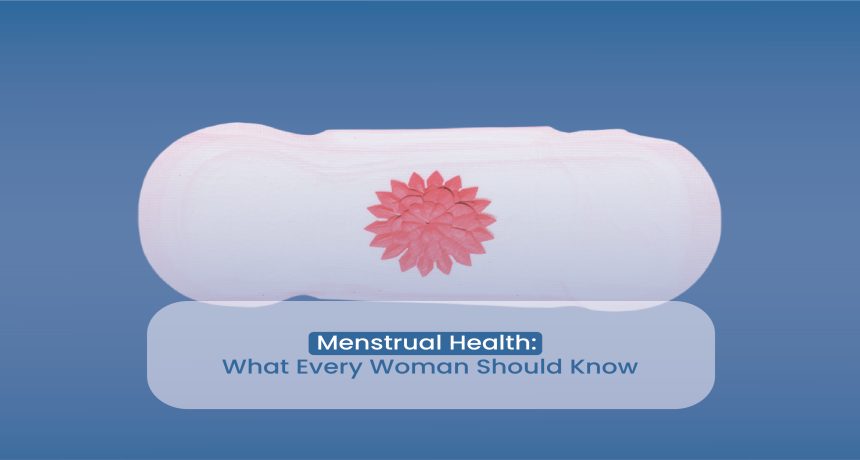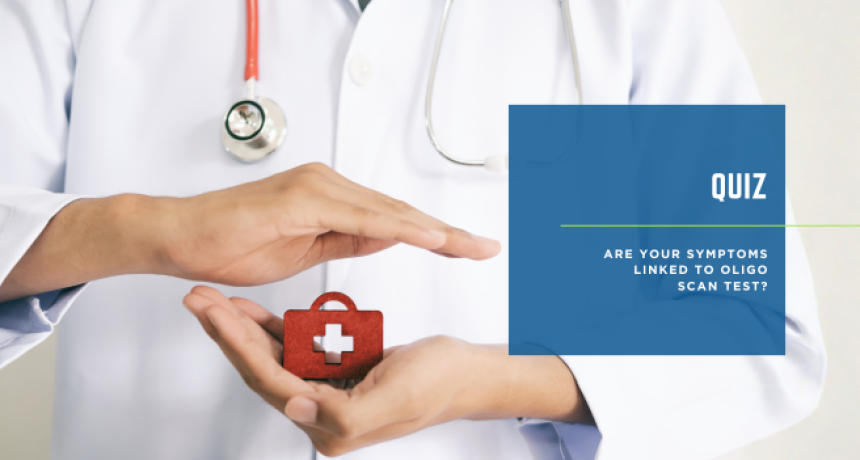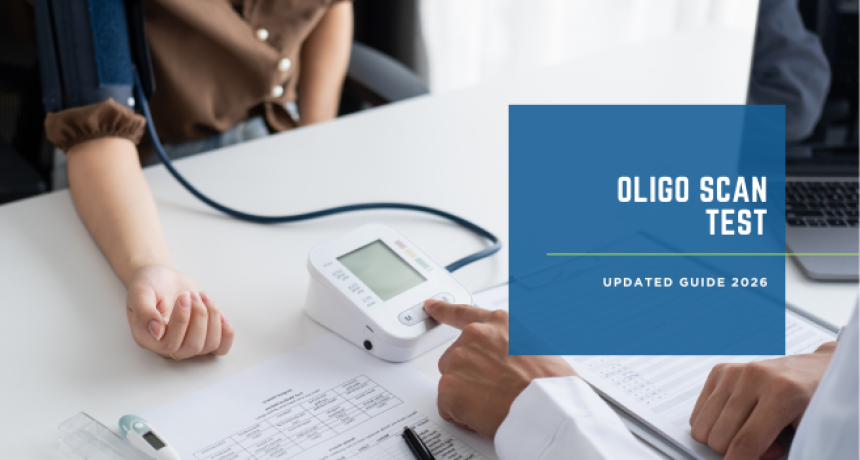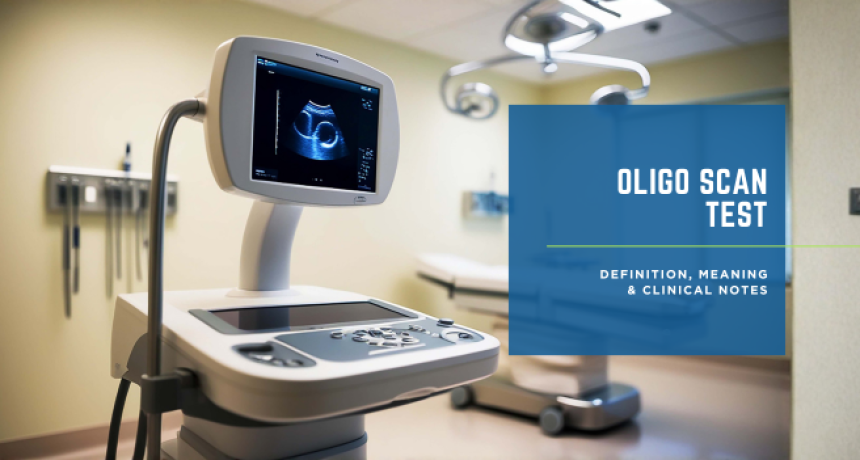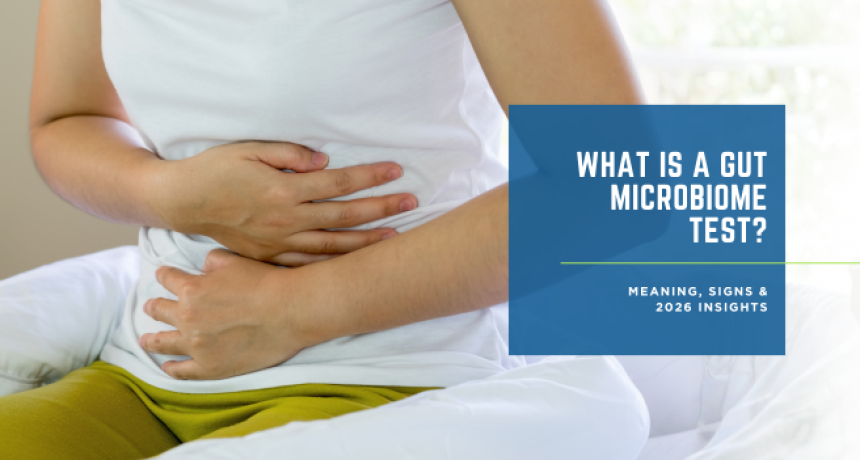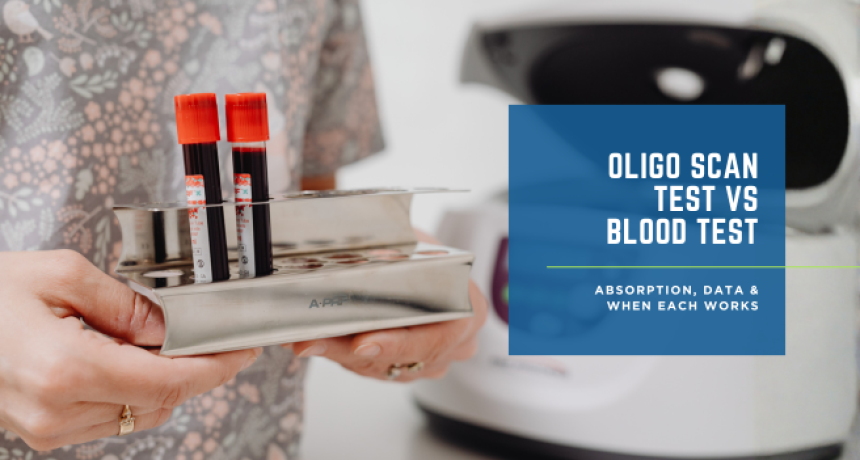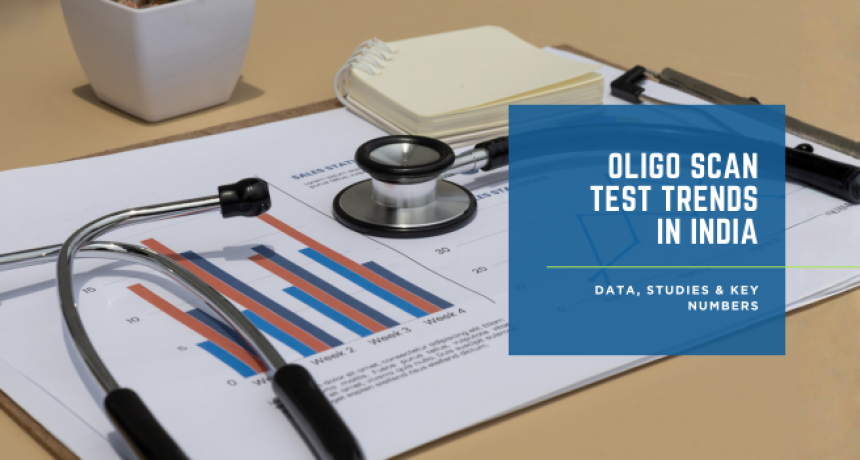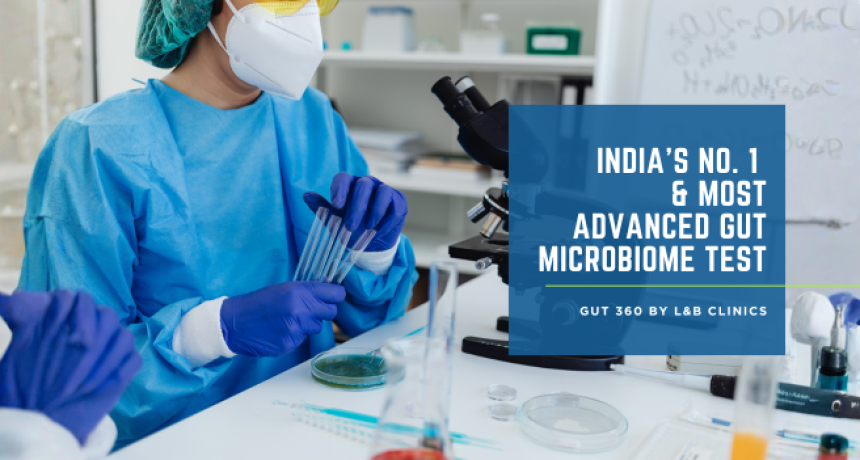Menstrual Health: What Every Woman Should Know
2025-07-14 Menstruation is something more than half the population experiences, and most of us grow up knowing very little about it. In many homes, it’s not even something openly discussed. However, menstruation and your menstrual health are a significant part of your overall health picture. Whether you’re just at the beginning of your period journey, dealing with some annoying symptoms, or simply want to better understand what is going on with your body every month, this is the guide for you. Let’s walk you through everything you need to know in a super relatable way—no fluff, shame, or science. The menstrual cycle refers to the monthly process of hormonal change that occurs in your body as it prepares for potential pregnancy. If pregnancy does not happen, the body will shed the lining of the uterus, which is your menstrual period. The cycle starts on Day 1 of your period and ends the day before your next period begins. A typical menstrual cycle lasts about 28 days; however, anything between 21 and 35 days is considered "normal." Menstrual Phase (Days 1-5) Your menstrual period starts. The uterus is shedding its lining, and you may feel tired, crampy, and/or emotional. Follicular Phase (Days 1-13) Your brain is signalling to your ovaries to prepare an egg. Hormones like estrogen start to go up. You may feel your energy getting better. Ovulation (Day 14/around Day 14 in a typical 28-day cycle). The mature egg is released. This is the time when you are most fertile. Some people experience a mild pain around this time, known as mittelschmerz. Luteal Phase (Days 15-28) Hormones peak and then drop, unless the egg is fertilized. This is typically when the symptoms of PMS (Premenstrual Syndrome) show up: mood swings, bloating, and cravings. Every woman experiences these phases a little differently. What is normal for one woman may not be normal for another. It's important to note that no two periods are identical. Generally, a healthy period includes: Bleeding for 2 - 7 days a cycle every 21 -35 days Blood that is bright red, dark red, or brown some mild cramping, tiredness, or emotional shifts No extreme pain outside of menstrual cramps or extremely heavy clots. When Periods Could Indicate a Concern: Bleeding very heavily (soaking a pad/tampon within 1 hour of use) Extreme pain that inhibits you from doing normal activities Irregular cycles (several months out, skipped months) Spotting occasionally, frequently between cycles Extreme emotional changes, emotionally troubled before each cycle. If you notice any of these indicators, it's worth reaching out to a Doctor. You're not overreacting, you're acting proactively. Let's debunk a few misconceptions you might have heard: “You shouldn't exercise during your period.” Light movement can help ease cramps and even help your mood. “You can't get pregnant on your period.” You are less likely to get pregnant, but not impossible. Sperm can remain alive in the body for as many as 5 days. “Periods are dirty or shameful.” False. Menstruation is a completely natural bodily function and signals a healthy reproductive system. “Only women get periods.” Some trans men and non-binary people will also have periods. Period care is for everyone who menstruates. You don't need a magic pill to have a better period. Small, daily habits can help you feel more balanced and able to manage your cycle. Eat Nourishing Foods Stick with whole foods, like: Leafy greens (iron) fruits & veggies (fiber) healthy fats (nuts, seeds, avocado) fluid (water & herbal teas) Try to limit your sugar, caffeine, or processed food the week before your period. Move Your Body Gentle movement (like walking, yoga, or stretching) is helpful for cramps and circulation. Stay Hydrated Drink lots of water throughout the day. Dehydration can cause bloating, digestive problems, and lack of energy. Track Your Cycle Use a period tracking app or a journal to discover your rhythm. Tracking your cycle will allow you to identify patterns and prepare for symptoms. Prioritise Rest It is a common practice not to rest when you have your period, but listen to your body. If your body is asking for rest during your cycle, take it! Menstrual fatigue is real. Read Also: Female Sexual Wellness: Closing the Orgasm Gap & Empowering Women Most of us are familiar with PMS (Premenstrual syndrome) - bloating, mood swings, cravings, headaches, and cramping a week before your period. But if your symptoms feel severe, emotional, or disrupt your daily life, you may have PMDD (Premenstrual dysphoric disorder). Depression or anxiety before your period Mood swings that feel extreme Anger, hopelessness, or crying spells Trouble sleeping or concentrating Physical symptoms like joint pain or fatigue PMDD isn't "just PMS." It's an actual medical diagnosis, and you're not exaggerating. If you feel like you're losing control of your emotions every month, reach out to a professional. There is help. It's never wrong to ask for support, especially when your body is trying to tell you something. Visit a physician if you: Bleed for greater than 7 days Skip periods frequently Have severe pain or cramps. Bleed heavily or pass large clots Experience sudden changes in your cycle Think you may have a hormonal imbalance, thyroid issues, or PMDD You deserve answers and solutions. Your menstrual cycle is one of the most influential systems in your body. It is tied to your energy, mood, skin, digestion, fertility, and even mental health. When you begin to understand it, it isn't just "women's health," it is whole-person health. Let's start the conversation. Let's listen to our bodies. And let's support each other to heal. Because it isn't just a monthly "inconvenience," it is information. And the better you know, the better you feel. Your body is speaking. It's time for us to start listening. Care for your cycle. Support your hormones. Care for your health with sexual health supplements at L&B Clinics in Delhi.What Is the Menstrual Cycle?
The 4 Phases of the Menstrual Cycle:
What Does a Healthy Period Look Like?
Common Period Myths: Busted
How to Support Healthy Periods

PMS vs PMDD: What's the difference?
PMDD Signs May Include:
When Should You See a Doctor?

Conclusion:
.png)
